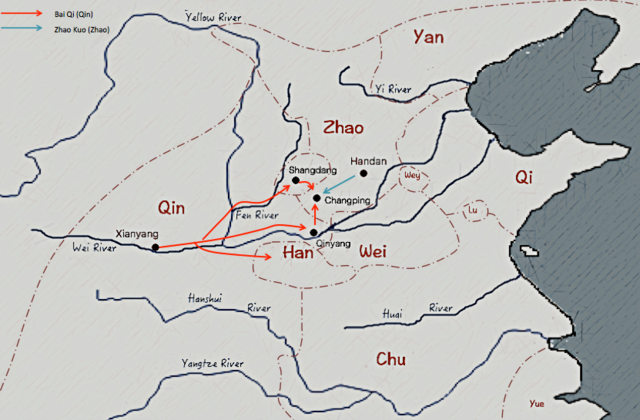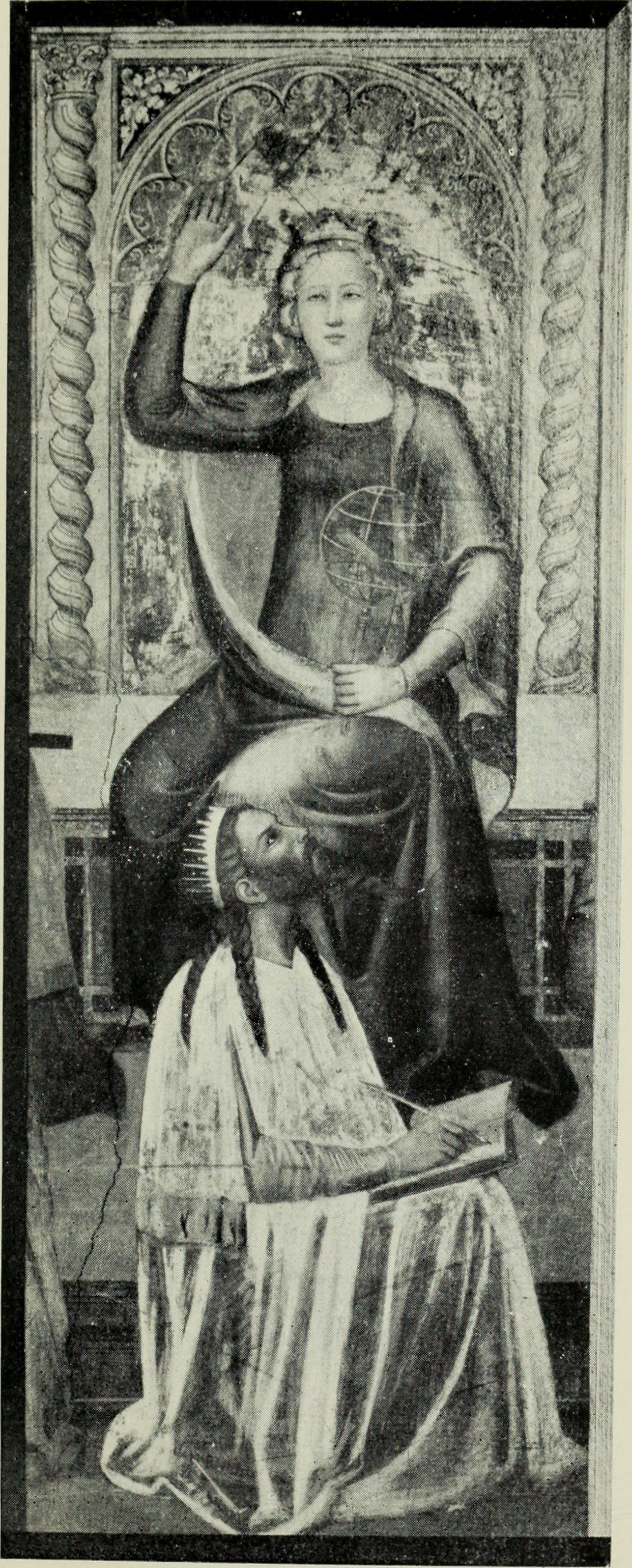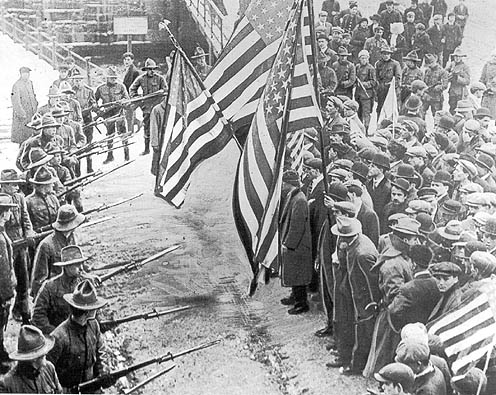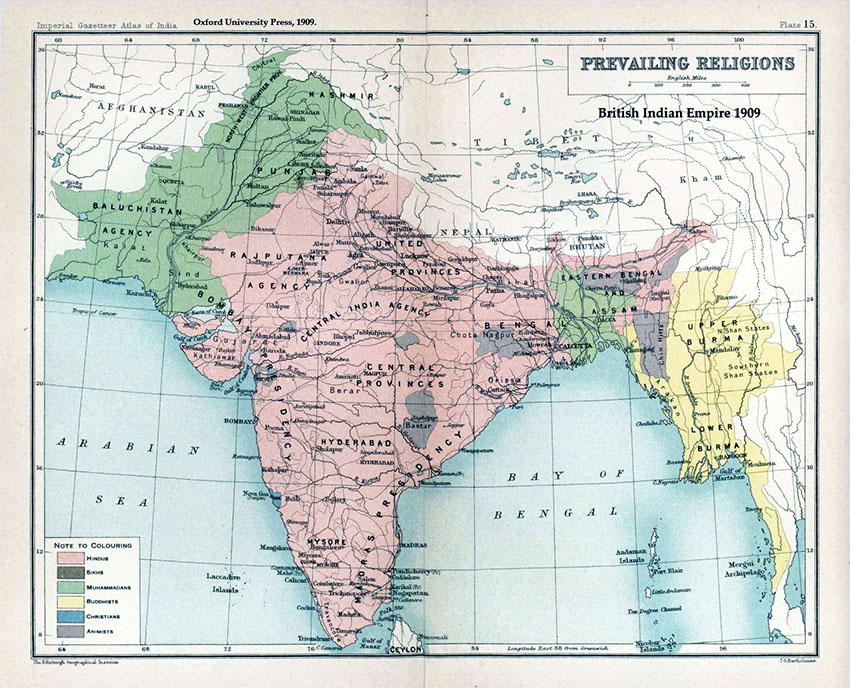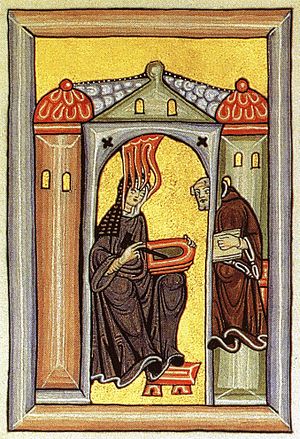The battle in numbers The powerful army of the State of Zhao had 450,000 soldiers under the command of Lian Po and later Zhao Kuo. At the end of the battle when the survivors of this army had surrendered the youngest 240 soldiers were released, the remainder were executed, buried alive in pits that even today occasionally bone or bone fragments are unearthed. The State of Qin was led by Wang He and he was replaced by the legendary military leader Bai Qi. This change led to the final battle where the tactics of Bai Qi outmanoeuvred those of the Zhao leader. In all over 650,000 soldiers were killed or seriously wounded during the conflict making it one of the most lethal battles in military history.
Before we look at the battle, we should look at the military equipment and tactics used at that time.
The military chariot was still in use in Chinese warfare long after it had ceased to be used in the Middle East. The chariots use was however in decline during the Warring States Period. Massed infantry were beginning to excel largely due to the massed use of the crossbow. The increase in use of an infantry force meant the peasantry could easily be drafted and relied less on the nobility to control the chariots. Further back in ancient Chinese history at the Battle of Muye in 1046BC, the victorious Zhou army had 45,000 soldiers and 300 chariots. By the time of the Warring States the military strength of each state had grown considerably. The Qin had an army of over 1 million infantry, 1,000 chariots and 10,000 cavalry on horses. Another factor in the increased size of each army was the increase in casualties with 340,000 killed at the battles of Maling and Yique. The Qin general Bai Qi was reported to have been responsible for close to 900,000 enemy being killed during his military career. At that time records may have been inaccurate and soldiers were paid on the number of enemy they killed so enemy deaths may have been exaggerated. None the less the Warring States was a period of excessive bloodshed. This was largely due to the use of mass infantry units where fighting became more intense and at close quarters. As the aristocracy became less involved on the battlefield their leaders became more despotic as Chinese nobles became part of the literate class and not the warrior class. The chief weapons used were the crossbow, which was mass-produced with training easily accomplished. It was a powerful, accurate long range weapon at the time. The infantry were equipped with several weapons although the dagger-axe was the most popular. They were on a pole of 9 to 18 feet and consisted of a spear with a slashing blade.Back to the Battle of Changping- the beginning of the conflict
In 265BC, the state of Han was invaded by the Qin. The intention was to take the province of Shangdang. The Qin army quickly passed through the territory with main roads and fortresses all falling within the next four years. Shangdang was cut off from the Han territory and due to fall into Qin hands. In a remarkable act the Han then gave their neighbours, the Zhao kingdom the prize of Shangdang. At that time, Shangdang was of great importance strategically to the Zhao, if it fell into Qin hands then the Zhao heartland would be liable to attack. King Xiaocheng accepted the offer of Shangdang and sent an army under the leadership of Lian Po to quell the threat posed. They met at Changping with Wang He leading the Qin army. Lian Po had already suffered several minor defeats to the Qin during his military career and decided to wait and hope the Qin would eventually go. He had several fortresses built and waited, this turned into a stalemate lasting three years. The Qin did attack one time, even breaching the walls of the Zhao defenders. The attack though did not have sufficient numbers to bring defeat, so the stalemate continued.A change in strategy
The Qin sent some of their spies into Zhao and Han territory spreading the message that Lian Po was too old and a coward not wanting to fight. The Zhao king removed Lian Po and replaced him with Zhao Kuo, the son of a famous general, Zhao She. Before he died, Zhao She had said that his son should never command an army, Zhao She’s wife had approached the king asking that her son not be given the appointment, the king refused and Zhao Kuo was sent to Changping. In the meantime the Qin had replaced their own general with Bai Qi, a renowned fighter and tactician. Zhao Kuo’s command of the Zhao army began in July 260 BC. He had an army of around 400,000 and he ordered them to invade the Qin camp. During the attack the Qin operated a manoeuvre that looked like a retreat that actually became an ambush. The forward lines of the Zhao army advanced as far as the Qin fortress. The Qin in ambush positions cut off the rearguard of the Zhao forces while simultaneously surrounding the fortress belonging to the Zhao. The Zhao army found itself split into two and all its supply lines were cut off. Bai Qi, the commander of the Qin forces ordered constant counter attacks against the Zhao. The Zhao were positioned on a hillside where they hastily made fortifications and hoped for reinforcements to arrive.
Zhao Kuo’s command of the Zhao army began in July 260 BC. He had an army of around 400,000 and he ordered them to invade the Qin camp. During the attack the Qin operated a manoeuvre that looked like a retreat that actually became an ambush. The forward lines of the Zhao army advanced as far as the Qin fortress. The Qin in ambush positions cut off the rearguard of the Zhao forces while simultaneously surrounding the fortress belonging to the Zhao. The Zhao army found itself split into two and all its supply lines were cut off. Bai Qi, the commander of the Qin forces ordered constant counter attacks against the Zhao. The Zhao were positioned on a hillside where they hastily made fortifications and hoped for reinforcements to arrive.


